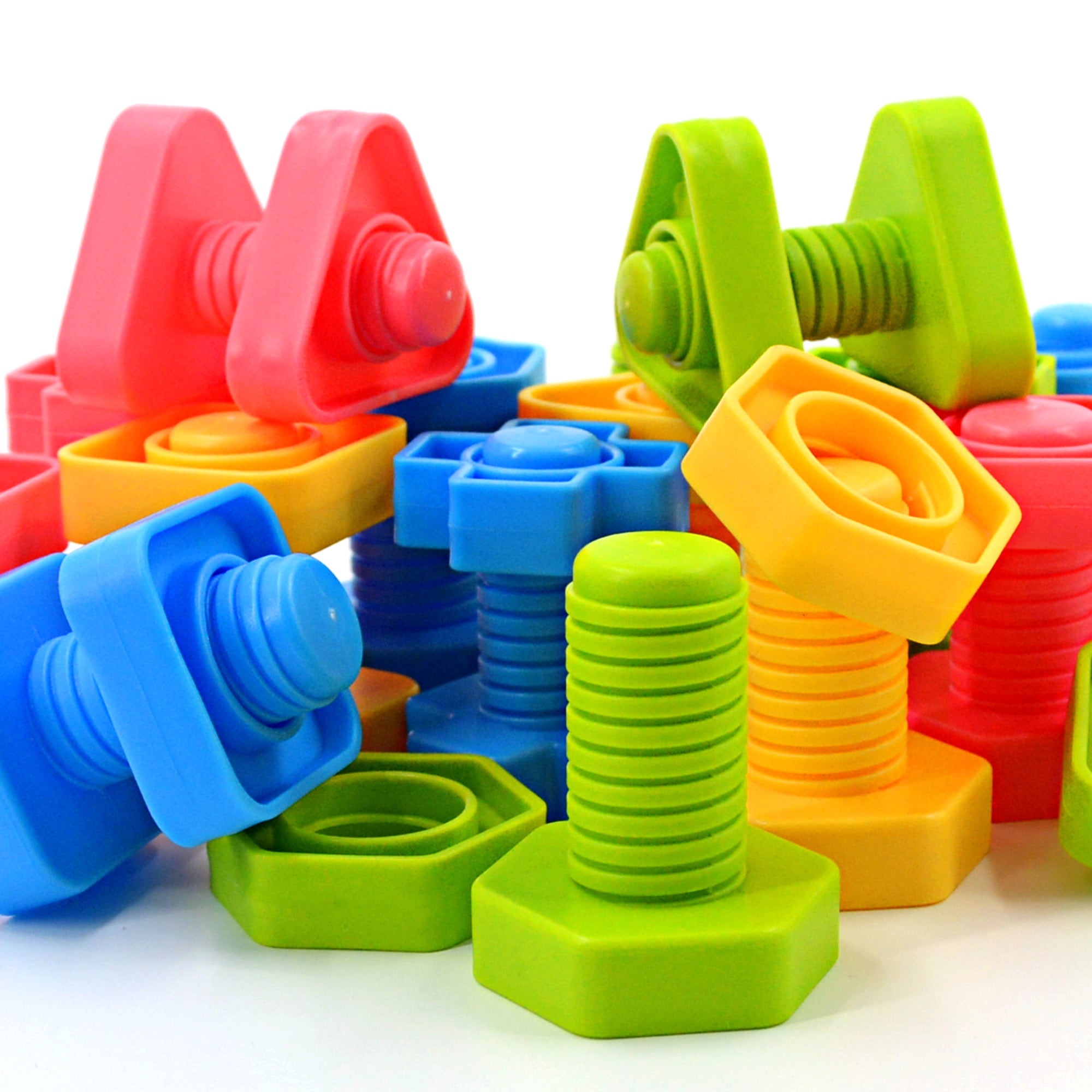Within the realm of building, automotive repairs, and do-it-yourself home enhancement, hardware are the silent champions that keep everything intact. These little but strong fasteners play a key role in guaranteeing that structures and machinery work correctly and safely. Whether you are engaged in a large construction project or just fixing a loose shelf, comprehending the various kinds of fasteners, along with their applications, is essential for achieving durable results.
This resource is created to clarify the functions of hardware, providing you with the information you need to pick the right fasteners for any project. From examining the different kinds of bolts and nuts on the market to exploring their applications in various substances and contexts, we will take a thorough look into the particulars that matter. Be with us as we decode everything from the most common types of bolts to the less familiar, specific fasteners that you may come across along the way. Armed with this full resource, you'll be ready to master the details of nuts and bolts like a pro.
Grasping Fasteners and Fixtures
Nuts and bolts are basic components used in different applications, from construction projects to common repairs. They act as fasteners that hold various materials in place, ensuring stability and structural integrity. Comprehending these critical aspects is crucial for both skilled workers and DIY enthusiasts alike. By choosing the appropriate type of nut and bolt, one can adequately secure structures, machinery, and multiple constructions.
The fundamental relationship between nuts and bolts is clear. A bolt is a long shaft with a head on one end and a threaded shaft, while a nut is a angular piece that contains a hole with internal threads. When a bolt goes through materials and is secured with a nut, the two work in tandem to create a solid connection. This ease belies the complexity, as there are various types, sizes, and grades available, each designed for specific tasks and environments.
In various industries, such as construction, automotive, and manufacturing, knowing the unique characteristics of nuts and bolts can greatly impact the decision of fasteners. Factors like the material, thread type, and application conditions all play a role in deciding which fastener will most effectively suit the job. Whether picking a heavy-duty bolt for structural use or a specialty bolt for a precise application, knowledge with the options available can lead to enhanced outcomes.
Materials and Finishes
When it comes to nuts and screws, the selection of substances is crucial for ensuring structural integrity and longevity. Metal is the most commonly used material due to its durability and resilience. However, within the category of steel, there are types such as carbon steel, alloy steel, and corrosion-resistant steel, each offering varied levels of protection to wear and corrosion. https://telegra.ph/From-Carpentry-Shops-to-Workshops-The-Flexibility-of-Fasteners-and-Nuts-04-23 is another substance often used for its visual appeal and resistance to rust, making it suitable for uses like plumbing. For high-performance settings, titanium bolts are increasingly favored due to their low-weight nature and superior strength.
Coatings play a crucial role in enhancing the performance of fasteners. Common finishes include galvanized plating and protective coatings, which offer defense against rust and corrosion. Zinc-plated bolts are appropriate for indoor use, while galvanized bolts are better suited for outdoor applications due to their heavier coating. Additionally, powder coating provides a robust finish that resists fading and scratching, making it an excellent choice for aesthetic fasteners. The right coating can significantly extend the life of nuts and bolts, especially in extreme environments.
Finally, selecting the correct material and finish goes beyond mere appearance; it actually impacts the performance and reliability of your project. For example, using corrosion-resistant steel bolts in marine areas prevents degradation from saltwater exposure. Understanding these substances and finishes allows you to make informed decisions tailored to the specific demands of your project, whether it's heavy-duty construction or precise automotive repairs.
Purchaser Guides and Comparisons
As you choose nuts and bolts for your project, grasping the variances between metric and imperial fasteners is essential. Metric-based fasteners are measured in millimeters and are commonly used in European and Asian products, while imperial fasteners are measured in inches and are prevalent in North American-based applications. It is essential to ensure agreement between your tools and the fasteners you choose to avoid complications during assembly.
Measuring nuts and bolts precisely can profoundly impact the effectiveness of your project. Use caliper tools or a micrometer to determine the diameter, length, and thread pitch of the fasteners. For nuts, it is crucial to match the thread pitch with the corresponding bolt. Additionally, taking note of the grade and material of the fasteners will ensure you pick components that are suitable for your requirements, whether for robustness or rust resistance.
When it comes to purchasing superior fasteners, seek out reliable manufacturers that provide thorough specifications and certifications. Review testimonials and refer to comparison charts, such as bolt strength comparisons, to identify which bolts provide the best strength for your application. A thorough purchaser's guide can assist your selections, aiding you to steer clear of inferior products and ensuring that you choose fasteners that will function dependably over time.

